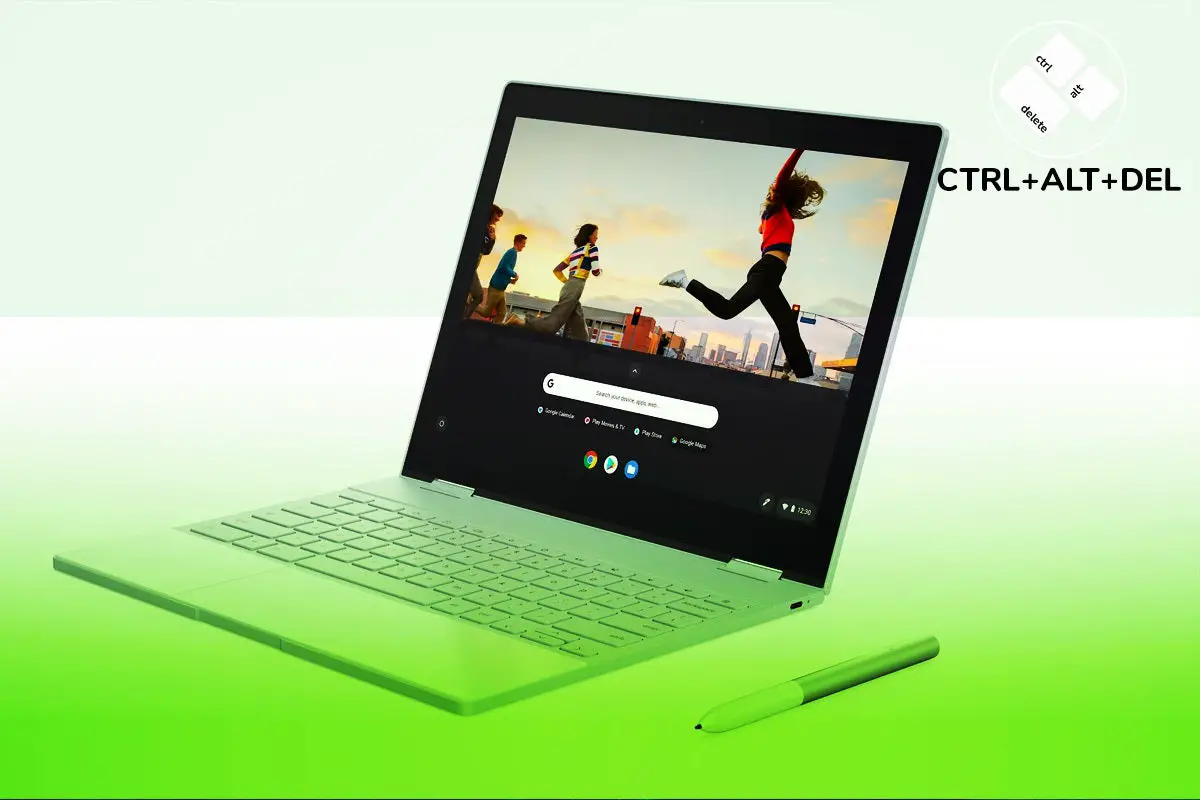Ctrl + Alt + Del: Google made a big mistake by canning the Pixelbook
REVIEW: Google has a reputation for rejecting big projects after a few small bumps in the road. Both Google Glass and Google Daydream have launched the bucket in recent years.
And this week, The Verge reported that Google was canceling its upcoming Pixelbook laptop and shutting down the team behind it. Given Google's track record, this shouldn't come as a major surprise.
But I honestly thought the popular Pixelbook was one of the few devices safe from the Google guillotine, and I don't quite understand the company's reasoning for canning it.
The Google Pixelbook first launched in 2017 and was seen as a high-end Chromebook that showed other manufacturers that ChromeOS-powered laptops could offer as much style as a Windows clamshell.

It wasn't perfect, with mediocre speakers and a price too close to high-end Windows laptops such as the MacBook Air. But it was nonetheless a great option for those who like the simplicity of ChromeOS but were looking for a high-end laptop.
In my eyes, the follow-up Pixelbook Go was even better. Google has watered down the specs in order to give the wearable a more affordable price, at just £629. And while it's possible to find even cheaper Chromebooks, few had such quality metal construction and the option of a 4K display.
There are very few Windows laptops that can compete with the Pixelbook at this price – only the Surface Laptop Go 2 comes to mind. But unfortunately, Google hasn't updated the Pixelbook Go since 2020, so it now feels a bit outdated.
It's really a shame, because it's a great moment for Chromebooks. Qualcomm has made great strides with its laptop processors, seeing excellent performance and power efficiency for laptops such as the Acer Chromebook Spin 513. And while Google has used Intel chips before, I don't see why he couldn't make a deal. with Qualcomm for at least the basic configuration.

We've also started to see premium features trickle into the Chromebook market. You can now see Chromebooks with OLED panels and fingerprint scanners, offering a similar experience to Windows laptops that cost twice as much.
ChromeOS has also matured a lot over the years and is now a great alternative to Windows for those who want a more streamlined operating system. The rise of cloud streaming also allows Chromebooks to play games, making them more versatile than ever.
Since Google only launched Google Stadia a few years ago, it would only make sense for the company to make its own Chromebook the best portable platform for the cloud gaming service.
Windows laptops seem to be getting more and more expensive. The Honor MagicBook series used to be one of the most budget-friendly Windows laptops on the market, but the latest MagicBook 14 (2022) model occupies a similar price tag to Apple's MacBook Air. As a result, I expect Chromebooks to become a more popular option for those who don't want to spend more than £1 on a laptop.

The Chromebook market looks healthier than ever, so it's a real headache why Google has decided to cancel future Pixelbook projects. It's not a great look from the company that makes ChromeOS.
The Verge argued that the Pixelbook's job was done, as Google probably only wanted to design it as a way to show off the potential of future Chromebook laptops. But why stop there?
I'd love to see a Pixelbook with a foldable screen, or some other clamshell design with a 4K OLED display at an affordable price – imagine how murderous it would be if it were available at an affordable price.
It would be great to see Google create its own laptop chip, following the Apple M1 route. CNBC reports suggested that Google was planning to do just that after revealing its Google Tensor chip for Pixel smartphones. But with the Pixelbook seemingly scrapped, I'm beginning to doubt this Google-made laptop chip will ever see the light of day.
I also think scrapping plans for the Pixelbook hurts Google's reputation in the long run. It has so many hardware projects canned at this point that I would be hesitant to buy Google hardware in the future.
So with all of that in mind, I think it's a big mistake for Google to cancel plans for the Pixelbook. But Chromebook fans shouldn't be too disappointed, as I'm sure the industry will continue to thrive with Acer, HP, Lenovo, and Samsung leading the way.
Ctrl + Alt + Del is our weekly IT-focused opinion column where we delve deeper into the world of computers, laptops, components, peripherals and more. Find it on Trusted Reviews every Saturday afternoon.

